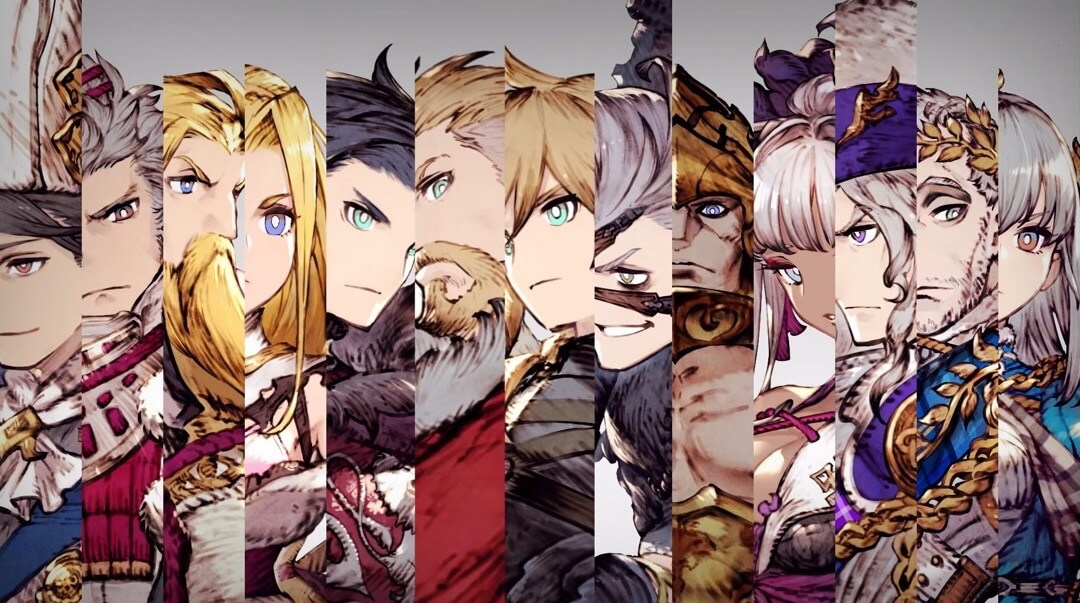EA is giving away accessibility-related patents used in some of its biggest games, including Apex Legends’ popular Ping system, in the hope that they will be used and expanded upon by other developers to help make video games more inclusive.
There are currently five patents covered under EA’s “Patent Pledge,” which involves EA making pledged patents available for public use alongside a legally binding promise to not file a lawsuit against those who use any patents documented in the pledge.
One of those patents, the “contextually aware communication systems,” is the Ping system used in Apex Legends. Revolutionary when Apex Legends first released, it allows players to better communicate in-game without the need for text or voice communication, making the game more accessible. The ping system has since been mimicked by numerous other shooters since, including Call of Duty: Warzone.
Three other patents involve making games more accessible for players with vision-related issues by “automatically detecting and modifying colors, brightness, and contrast in-game to improve visibility of objects with similar luminosities.” These vision-related patents have been used in games like Madden and FIFA.
A fifth patent involves technology EA notes it has not actually developed yet, but would be used for “generating personalized music based on a user’s hearing information and stylistic preference to best comport with the user’s hearing issues.”
EA says it plans to add more accessibility-related patents to the pledge in the future while also looking to identify other potential technologies it could make open source.
Chris Bruzzo, executive vice president of positive play, commercial and marketing at EA, said in a press release that EA’s mission is to “inspire the world to play,” but that can only be done if video games are more accessible for all players.
“We hope developers will make the most of these patents and encourage those who have the resources, innovation and creativity to do as we have by making their own pledges that put accessibility first,” Bruzzo said. “We welcome collaboration with others on how we move the industry forward together.”
Accessibility options have become increasingly important features for games to include. Games like Ratchet and Clank: Rift Apart made it so enabling accessibility options would have no effect on collecting the game’s trophies, and Last of Us Part 2 offered a particularly robust set of accessibility tools for player to enable.
Source: Gamespot





















